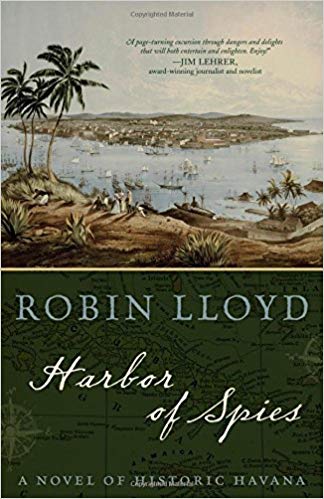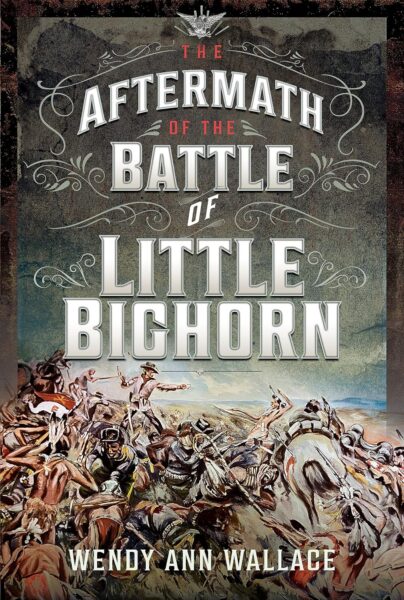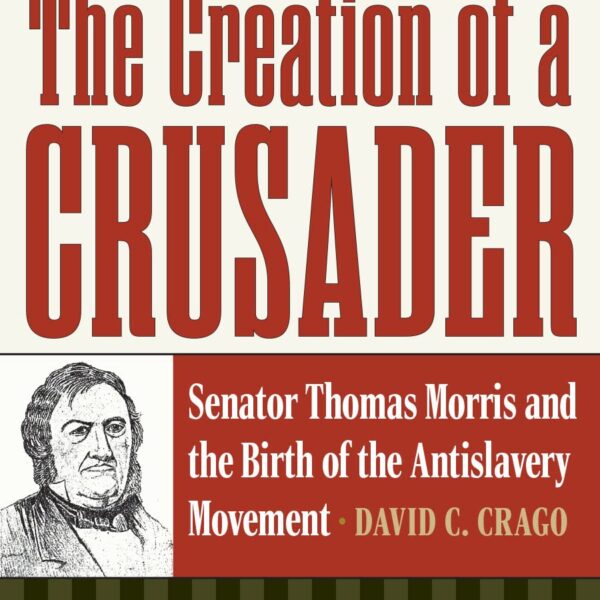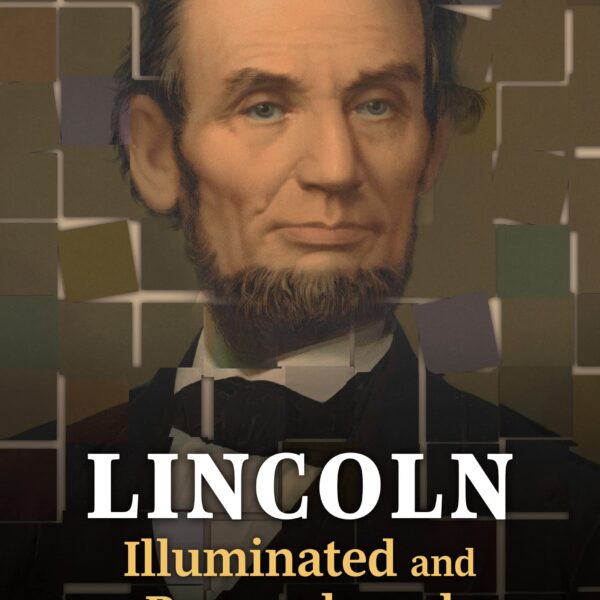Harbor of Spies: A Novel of Historic Havana by Robin Lloyd. Lyons Press, 2018. Cloth, ISBN: 978-1493032266. $24.95.
 Regardless of what skeptics claim, the Civil War was fought over the issue of slavery. Slavery was ingrained in segments of society in this country to the point that it was a life or death issue. In Harbor of Spies, Robin Lloyd uses the institution of slavery as the root of an intriguing tale about ships running the Union blockade of Confederate ports in the Gulf of Mexico with Havana, Cuba, as a base of operations during the first seven months of 1863.
Regardless of what skeptics claim, the Civil War was fought over the issue of slavery. Slavery was ingrained in segments of society in this country to the point that it was a life or death issue. In Harbor of Spies, Robin Lloyd uses the institution of slavery as the root of an intriguing tale about ships running the Union blockade of Confederate ports in the Gulf of Mexico with Havana, Cuba, as a base of operations during the first seven months of 1863.
Although a novel, the story is structured around events that occurred during the Civil War. As the author explains, he strives to provide an accurate depiction of Havana as it was at the height of the conflict. Some of the U.S. gunships and blockade runners mentioned were actual vessels. Also, a number of the featured characters are real, including U.S., Confederate, and British diplomatic envoys based in Havana, and two Spanish slave traders. The murder of an English diplomat in Havana is an integral part of the story.
Among the author’s credentials is experience as a foreign correspondent, including in Latin America and the Caribbean. His news programs and documentaries earned four Emmys and an Overseas Press Award. Previously, he published Rough Passage to London, a seafaring suspense novel.
The protagonist of Harbor of Spiesis Everett Townsend, a young man from Maryland with Union sympathies who was dismissed from the Naval Academy for bad behavior. By ill-fortune, Townsend ends up in a Havana prison after signing on as a first mate of the Laura Ann, an American merchant schooner. He is rescued from torture and certain death by a nefarious Cuban entrepreneur, but only after Townsend reluctantly agreed to become the captain of a blockade-running ship between Cuba and Southern ports on the Gulf coast.
Lloyd weaves a story of the political intricacies of Spanish Cuba, which served as a base for shipping munitions, armaments, and scarce products from European countries (particularly Great Britain) through the federal blockade of southern ports. Havana was the southernmost of three principal relay points, the others being Nassau and Bermuda. Blockade runners operating out of Havana were destined primarily for St. Marks, Florida; Mobile, Alabama; the Mississippi River Delta; and Galveston and the Brazos River ports in Texas.
The author’s knowledge of sailing and familiarity with naval terminology enhances the storyline and discussion of the vessels engaged. The narrative addresses relations of the United States and the Confederacy with European countries, as well as with Cuba as a colony of Spain. The bustling port of Old Havana comes alive with intrigue directly related to the vessels that venture through the dangerous blockade. The cruelty of slavery—and resulting depravity of those who engage in its practice through ownership or trade—are reflected as the plot unfolds.
Townsend’s affairs and predicaments, as they relate to the political and military issues that existed at that time, are revealed in a variety of hair-raising experiences that lead to unanticipated results.
Lloyd wisely consulted the Official Records of the Union and Confederate Navies as a resource. He likewise relied on the memoir of William Watson, a Scottish blockade runner who captained a schooner running into the Gulf ports. While reading the novel, I consulted historian Stephen R. Wise’s Lifeline of the Confederacy: Blockade Running During the Civil War, which proved useful in identifying the Union, Confederate, and foreign vessels engaged in blockade-running.
In sum, this historical novel is highly recommended for its blend of creative writing and realistic rendition of adventures related to blockade running during the Civil War. As with other Civil War novels such as Michael Shaara’s The Killer Angels, MacKinlay Kantor’s Andersonville, and Charles Frazier’s Cold Mountain, this book may motivate those who read it to investigate a facet of the Civil War that has not received the level of attention it deserves.
Thomas J. Ryan, former president of the Central Delaware Civil War Round Table, is author of the multiple award-winning Spies, Scouts, and Secrets in the Gettysburg Campaign: How the Critical Role of Intelligence Impacted the Outcome of Lee’s Invasion of the North, June-July 1863.




